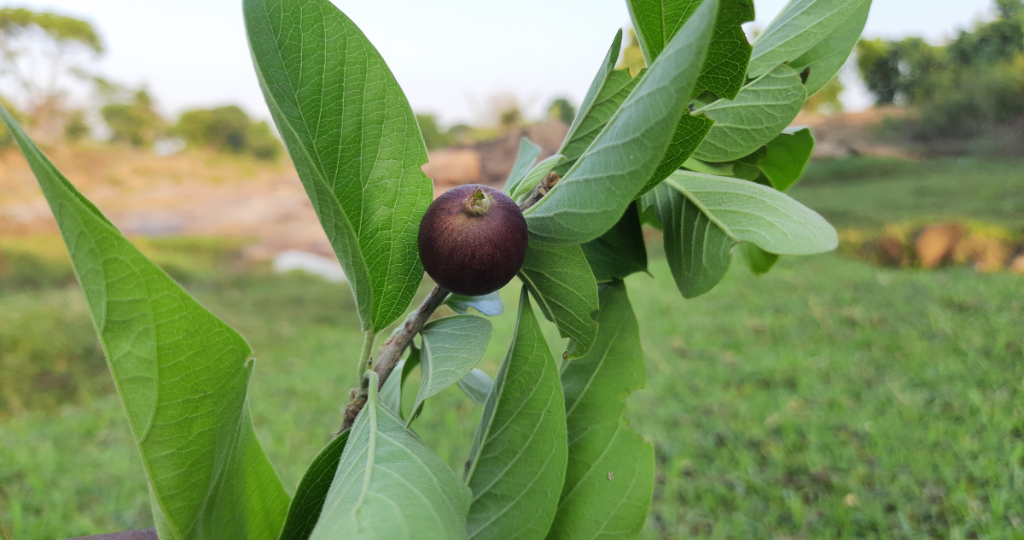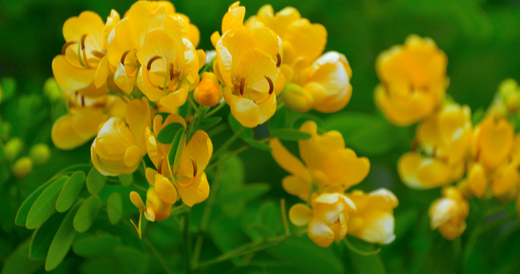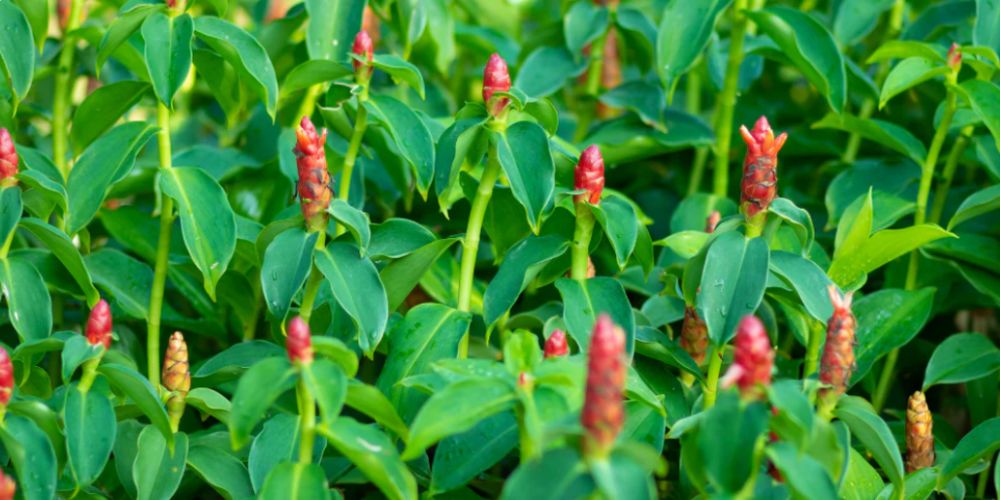
Ankola Sage Leaved Alangium Complete Guide to the Ayurvedic Herb
Ankola is a highly ancient plant species that is described in the Vedas and also in several medical heritages. It is a predominant and significant medicinal plant that still today is used to treat a range of ailments such as derma problems, wound healing, diabetes, constipation and many other diseases. The magical herb is known by name in several regions of India today. Here are the examples:
- Malayalam : Ankola, irinzil
- Telugu : ankolamu, Kudagu,
- Tamil : uduga chettu, Alangi
- Gujarati : Aankola
- Hindi : Ankola, dhera, tera, dhela
- Kannada : Ankole-mare
- Bengali : Aankoda, bagh, akarkanta
What is Ankola?
Alangium salviifolium is usually called the sage-leaved alangium. It is a flowering plant that is considered among the Cornaceae family.
Evidence-Based Benefits of Ankola
- Anti-inflammatory properties: The coolant properties present in the fruits of an Ankola plant can help in reducing burning symptoms and sensations in the body.
- Promotes A Healthy Gut: Alangium salvifolium or Ankola is widely used to promote overall gut health. Patients suffering from GERD, diarrhea, constipation, and nausea can attain great relief from the plant.
- A Boon to Mental Health: The benefits of Ankol are not limited to physical health enhancement. The antihypertensive and anti-protozoal properties present in the plant work efficiently against hyperactive disorders and symptoms of anxiety.
- Powerful Remedy for Digestive Problems: Ankol tree parts are also used to manufacture specialized Herbal medicines for digestive issues.
- Antiseptic Properties: The Ankola plant is also used to treat wounds, open cuts, and sudden injuries due to its rapid healing results.
- Improves Skin Health: The Akola plant has been used to treat mild to severe skin diseases such as herpes, allergy, itching, and eczema.
- A Natural Medicine for Fever: The nutrient value present in the bark root of Ankola is helpful for treating flu, fever, and influenza.
- Helps improve immunity and overall stamina: Ankola’s herbal properties also help in improving the overall immunity in the human body.
- Helps with Liver Detoxification: Irritable bowel treatment and lover detoxification are two of the significant qualities of alangium salvifolium.
- Helps In Managing Oral Disorders: The Ankola plant is known for treating oral disorders such as gum disorders, oral cancers, and more.

Source: Canva
1. Ankola for Carnal Ailments and infertility
At a global rate, 10% of the issues related to infertility come with no specific reason. Studies show that the use of the Ankol herb can reduce tendencies of infertility among both males and females. Alangium salvifolium has also been used to treat specific carnal ailments like erectile dysfunction.
Other Plants:
2. Ankola for Prevention of Cancer Cell production
The ankola tree is widespread to various parts of the plant, starting from the seeds, leaves, and stem to the bark. The roots of an Ankol tree are loaded with anti-inflammatory and anti-cancer properties, which significantly help in reducing the chances of cancer cell formation in the body. It was specifically used for the treatment of skin cancer by traditional healers.
3. Ankola for Arthritis Treatment
Today, despite the emergence of advanced medical facilities for arthritis, Ankola or alangium is a predominant treatment for arthritis. A large percentage of the older generation is reliant on this magical herb for joint spasms and pain. The anti-inflammatory properties present in alangium salvifolium significantly helps in easing muscle and joint ache. Research has shown positive results about the use of ankol plant stem bark in healing symptoms related to arthritis problems.
How Does Ankola Work on Health issues/benefits?
Ankola tree uses have become extremely predominant when it comes to treating daily extensive health problems such as abdominal problems, headaches, jaundice, fever, arthritis, infertility, cancer, and more.
Ways to Use Ankola

Source: Canva
Ankola plant medications can be used for treating various ailments, such as Cures Urticaria, arthritis, Pacifies Headaches, Influenza, abdominal disorders, and more. The usual usage of Ankol herbal medicinal products can vary according to your doctor’s prescribed dosage. However, in case of severe ailment symptoms such as consistent vomiting, you can consider the dosage of Ankola medicinal drug to be 3 gm – 500 mg and root bark powder - 125-375 mg.
Ankola Facts and Myths
- How many species Does The Ankola Plant Consist Of?
The genus of the Ankol plant consists of 17 species of small trees, shrubs, and lianas. It is a local species to western Africa, southern and eastern Asia, Madagascar, China, Indonesia, and Malaysia, along with the Philippines, the western Pacific Ocean islands, tropical Australia, and New Caledonia.
- Ankola Plants Are Popular By Different Names in Different Regions
Alangium salviifolium is generally popular by the name of 'sage-leaved alangium.’ It is a flowering plant considered a part of the Cornaceae family. It is commonly called Ankola in Kannada, Ankolam in Malayalam, Alanji in Tamil, and Akola or Ankol in Hindi.
Other Plants
Growing Ankola at Home
Ankola is a deciduous category of plant that is able to grow up to twelve meters in height. The Ankola plant can be cultivated right in your backyard as an ornamental tree.
The Ankola fruits are de-pulped, and the seeds are planted in polybags or beds. The best part about the Ankola plant is that it can grow in almost any temperately well-drained soil, fertile soil and needs a position in complete sun. This plan is found in the plans or low hills within India. Therefore, it is easy to grow on roadsides, in gardens, or in households with basic plant care procedures such as exposing it to enough sunlight, water, and fresh air.
Where to Buy Ankola Products?

Source: Canva
The best place to purchase your Ankola plant product is online. You can not only reach a wide variety of Ankol products online but also grab the best there. Here is a quick list of Ankol products offered by the most trusted brands that you can take a look at:
- Ankola Herbal Oil from Shatayushi Ayurvedic Agency
- Dried Ankola Seeds from Kapebonavista
- Ankola powder From Chachan
- Ankola Essential Oil from Ayurveda Cart
- Homemade Herbal Ankola Pain relief Oil from BSG Life
Conclusion
Start with issues faced by users and how these plant or plant-based medicines/products can help them. In the pragmatic race of modern life, people often tend to neglect the basic practices of a healthy life. This lifestyle is leading to unwanted health problems such as early aging of the skin, hyperactive disorders, arthritis, abdominal ailments, high blood pressure, and more. Ayurveda is winning over the choices of patients and is also being embraced by modern medicines. Plant-based medicinal products like Ankola herbal remedies are emerging as a perfect solution to these ailments.
Ankola FAQs
1. How Is An Ankola Plant Used?
The species from Alangium have been used as a folk medicine for treating diabetes, skin diseases, and rheumatism by a large percentage of the population in Southeast Asia.
2. What Is The Common Name For Alangium?
Alangium salviifolium is generally called the sage-leaved alangium. It is a special category of flowering plant that is considered within the Cornaceae family.
3. What Is Special about the Alangium Leaves?
Usually, the extract and the juice of Alangium salvifolium are used for treating dog bites, diabetes, healing wounds, and a poultice in rheumatism for carrying out the sub-chronic toxicity and safety evaluation of the salvifolium leaves.
4. When Alangium First Discovered?
The Alangium fossils have been brought to attention from England’s early Eocene and the middle Eocene of the western part of North America.
5. What Properties Do Ankola Plants Consist Of?
Anti-spasmodic, anti-arthritic, anti-inflammatory, analgesic, carminative, muscle relaxant, Anti-cancer, and antihypertensive are some of the notable medicinal properties found in






